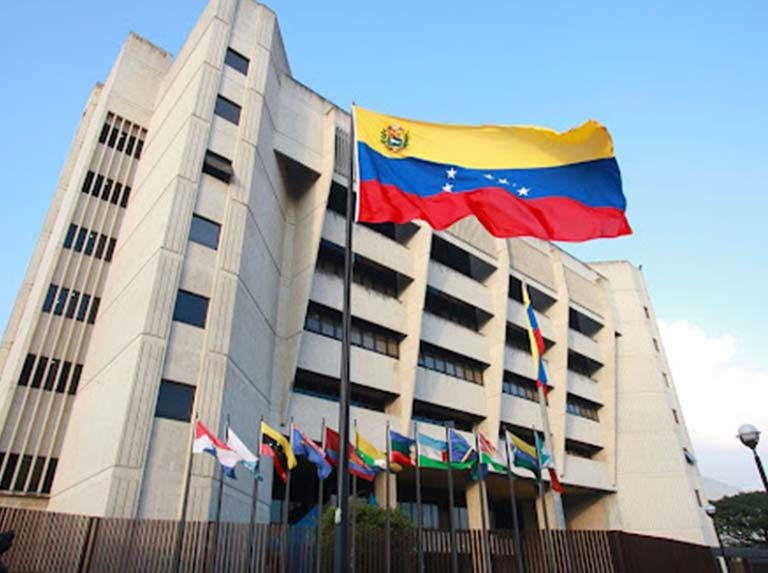At a request from the Ombudsman, Alfredo Ruiz Angulo, the Constitutional Chamber of the Supreme justice court (TSJ) annulled the provision contained in the only paragraph of article 565 of the Organic Code of Military Justice, for lacking sufficient clarity and legal precision regarding the conduct that it intended to sanction.
The article was not compatible with the Constitution because it was contrary to the fundamental postulate of progressivity in terms of guaranteeing human rights”, according to the sentence of the highest court.
As reported Press release of the Supreme justice courtthe aforementioned norm imposed a penalty of one to three 3 years in prison, to the military who committed “unnatural sexual acts”.
The provision, whose existence was questioned by international organizations, did not define what should be understood by such acts, when the constitutional principles of strictness and criminal legality require that the description of crimes be clear and precise, to avoid investigations, processes and sanctions outside of those who wanted to penalize the legislator.
The provision was not compatible with the Constitution because it was contrary to the fundamental postulate of progressivity in terms of guaranteeing human rights,” the highest court highlighted.
Decision of the TSJ is based on the Constitution
Said action, declared of mere right, is based on the Constitution of the Bolivarian Republic of Venezuela, and on the Organic Law of the TSJ; as well as, in the fundamental principles of determination, strict law, strictness and criminal legality.
On the other hand, its hypothetical application could harm, in some cases, the principles of proscription of the analogy in malam partem, legal reserve, progressivity of Human Rights, responsibility for external conduct, guilt, equality, exclusive protection of legal rights, harmfulness, plausible expectation, legitimate trust, presumption of innocence, in dubio pro reo, rationality, subsidiarity, freedom, legal certainty and due process, among other general axioms of Law.
Even if unnatural sexual acts were understood to be those not intended for reproduction, said interpretation, in light of current scientific, social and legal conceptions, is not compatible with the Constitution or with international instruments validly signed and ratified by the Republic, above all, for being contrary to the fundamental postulate of progressivity in terms of guaranteeing human rights.
In this sense, the TSJ confined itself to the request for annulment, without issuing any other conclusion related to this matter, for which it established that “the aforementioned control of constitutionality is based on strictly legal reasons.”
Victory for LGTB+
The decision on whether or not to declare this article unconstitutional was considered a “victory” by members of the LGBTIQ+ movement in the country.
“After so many years of struggle, we have achieved the annulment of the article of the code of military justice,” he told the agency. AFP quoted by Page 12 the activist Leandro Viloria, one of the promoters of the abolition of the article that led to the expulsion of an unspecified number of officers.
The expelled soldier, after discovering that he was homosexual, indicated that the annulment of the article opens the possibility for him to request his reincorporation into the Bolivarian National Armed Forces. “Now it is a matter of evaluating whether, given this situation, my reinstatement proceeds, at least with this the fear will disappear,” he explained under anonymity.
On February 14, LGBTIQ+ activists demanded from the highest court a definitive response to requests such as equal marriage, recognition of gender identity and the annulment of said article.

















